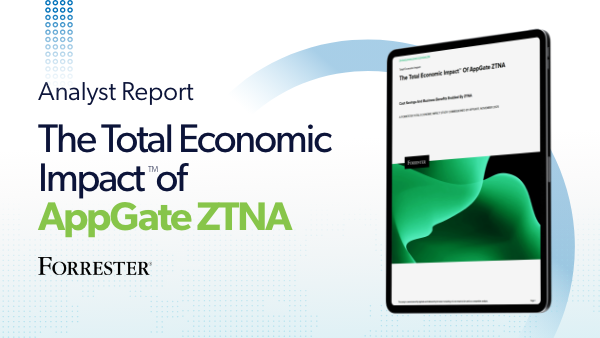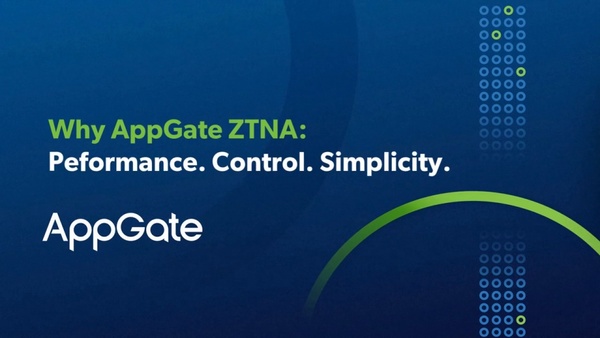Content
Filter
No results match the search/filter criteria.
- (9)
- (1)
- (1)
- (9)
- (3)
- (2)
- (1)
- (4)
- (6)
- (2)
- (1)
- (1)
- (1)
- (2)
- (1)
- (2)
- (2)
- (1)
- (1)
- (1)
- (1)
- (1)
- (1)
- (1)
- (1)
- (2)
- (2)
- (1)
- (3)
- (2)








